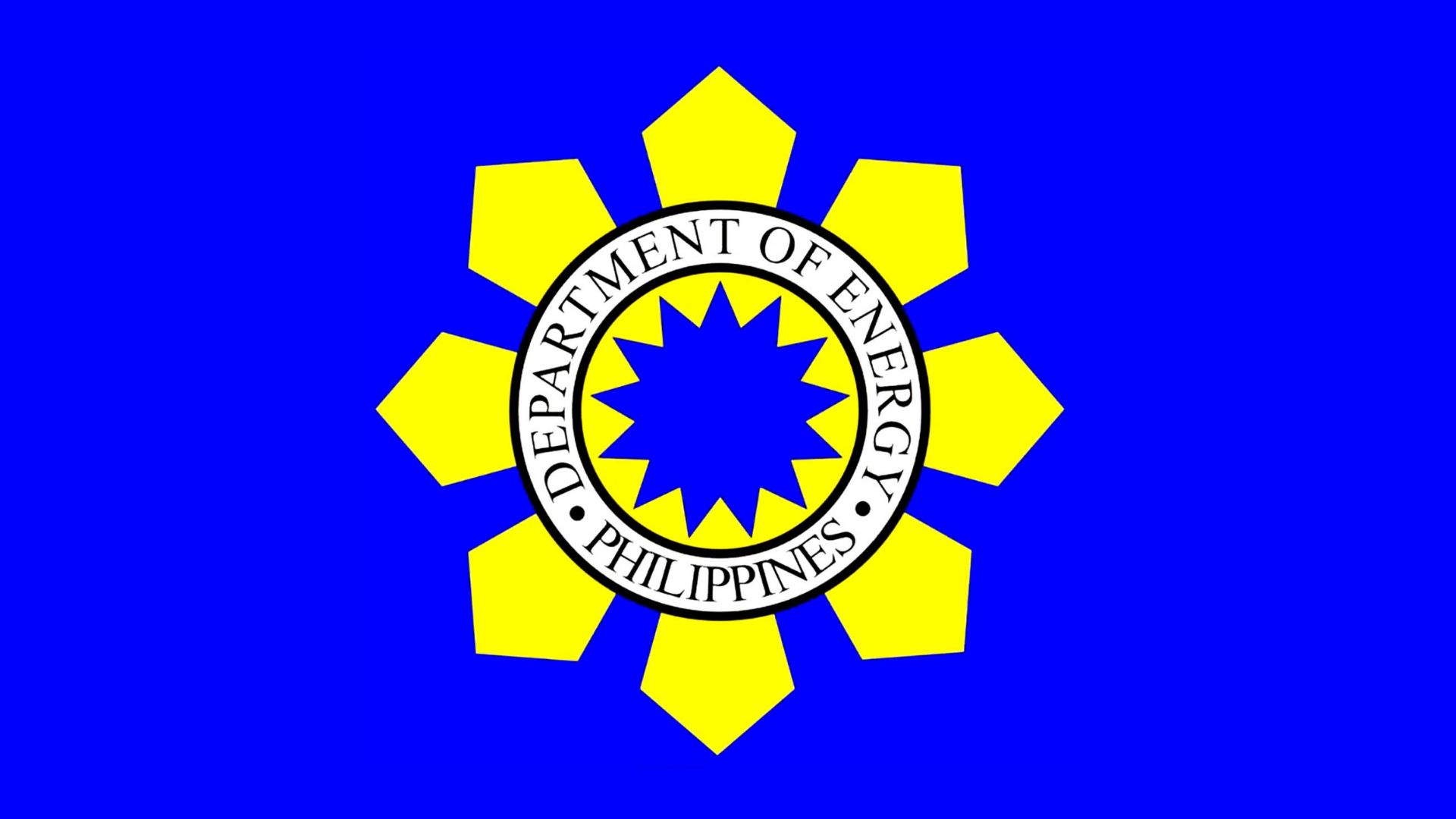DOE: RE transition will take time
- July 31, 2023
- 0

The country’s shift to renewable energy (RE) will take time and the sector should be honest about how long that shift will take, the Department of Energy (DOE) said.
In a BusinessWorld report, Energy Secretary Raphael P.M. Lotilla said that the transition must happen gradually, and the energy sector is currently incapable to declare that the Philippines can go 100% renewable energy.
Still, the government continues to work on the expansion of clean energy, Lotilla said.
The government recognizes that renewable energy is the edge in attaining secure, sustainable, and affordable energy prices, and if the objective is only to depart from “legacy technologies “, then the initiatives to achieve an efficient renewable energy transition are going to be “lost investments as far as the economy is concerned,” he added.
The transition should be done in a just and fair manner which includes ensuring that renewable energy is complemented by energy storage systems and other power and technology systems, Lotilla stressed.
The energy chief said that one of the significant aspects of the government’s energy programs is the effective implementation of energy efficiency and conservation measures. In order to attain sustainable development goals, decreased overall energy consumption, and lower greenhouse gas emissions, changes in lifestyle and consumption patterns must take place.
Data from end-2022 states that renewable energy accounts for approximately 22% of the energy mix. Coal-fired power plants account for almost 60%,
The government eyes increasing the share of renewable energy to 35% by 2030, and 50% by 2040, as mentioned during President Ferdinand R. Marcos, Jr.’s second State of the Nation Address (SONA).
Institute for Climate and Sustainable Cities Senior Policy Advisor Pedro H. Maniego, Jr. said that RE bares no supply limitations, and further increasing its share in the energy mix will entail more affordable, reliable, and secure power to the country. He added that the country must move more aggressively and more urgently.
The country is still far from victory on its Philippine Energy plan targets and the long approval process of the National Grid Corp. of the Philippines (NGCP) for system impact studies (SIS) and the lack of interconnection causes further delay, Maniego said.